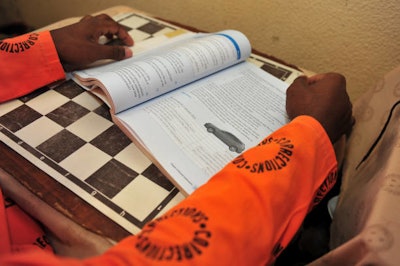
The program, which provides incarcerated individuals with access to scholarly materials including academic journals, books, and research papers, crossed this threshold in December 2024. Two pivotal agreements helped fuel this expansion: a new partnership with the Federal Bureau of Prisons that introduced JSTOR to two federal facilities, and an expansion of an existing arrangement with the Arizona Department of Corrections, Rehabilitation, and Reentry (ADCRR).
The ADCRR agreement is particularly noteworthy as it evolved from initially serving approximately 3,000 people enrolled in higher education programs to now reaching nearly 40,000 individuals in Arizona's prison system, regardless of their educational enrollment status.
"People in prisons use JSTOR the same way as people on the outside," said Stacy Burnett, senior manager for the Access in Prison program. She explained that while many users pursue structured educational goals like degrees and certificates, others engage in self-directed learning, highlighting the diverse educational needs being met.
The impact of this access extends far beyond traditional education. Users have reported that JSTOR has helped them build community connections, save money on research-related expenses, and gain new perspectives on their circumstances. In one remarkable case, research conducted through JSTOR led an incarcerated individual to request a health screening that ultimately saved that individual's life.
Some users have even leveraged their research to draft legislation supporting prison reentry programs, with one such proposal currently under consideration in North Carolina's legislature.
These success stories underscore the program's value in developing academic research and analytical skills that can serve as important bridges to life after incarceration. "It's a valuable reentry tool for civic engagement. It gets people to think more deeply," Burnett explained.

















